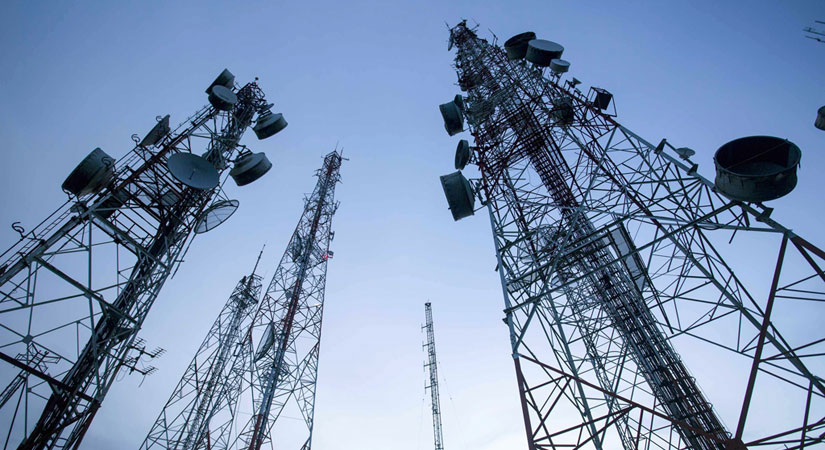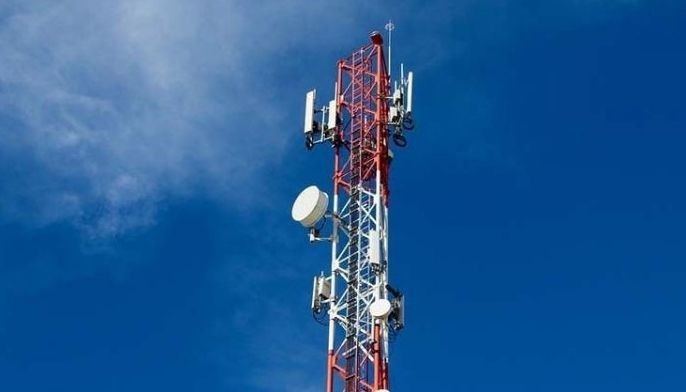ARTA or The Anti-Red Tape Authority has allowed the automatic approval of building telecommunications towers that have adhered to all the requirements and have fully paid all its fees which are pending for more than a week with Local Government units or National Government Agencies.
This is in accordance with the directive of President Duterte for faster and better internet connection by the end of this year.

Belgica stated that he has required telco firms such as Smart Communications Inc, Globe Telecom Inc., and cellular tower companies to give ARTA a list of all their applications that were still pending. “If the application has been pending more than seven days with any LGUs or NGAs, this will be declared by ARTA as automatically approved,” he stated
He said that all applications that have paid all the required fees, with the Ease of Doing Business and Efficient Government Service Delivery Act in effect, will be approved automatically after seven working days.
According to the law, the processing and approval of licenses, clearances, and permits for building and operating telco towers should be accomplished within 7 working days from the date of submission. Failure to approve or disapprove the application within those 7 days will result in the automatic approval of the application. It is stated there that a period of 20 working days is recommended when the approval of a local legislative body is necessary.
Belgica said that the LGU or NGA will be instructed to release relevant documents or permits when an application is automatically approved. “Refusal to do so shall be a ground for the filing of an administrative case. If there will be illegal fixers and fixing involved, then a criminal case shall be pursued as well,” he added.
This was a welcome news to Telco giants PLDT and Globe since this will make it easier for them to put up cell towers and improve their services in the country.
“Simplifying the process for common towers will help expedite the building of more cell sites. Smart has already struck agreements with a number of common tower companies and will work with them to speed up the rollout.” The head of Public Affairs of PLDT-Smart, Ramon Isberto said.
“This is a welcome development as both the telco sector and government are moving forward to bring first world connectivity benefitting the country,” The Senior Vice President for corporate communications of Globe, Yoly Crisanto said. “This is a good outcome of the recent State of the Nation Address when private and public sectors work together for the people,” Crisanto added.
PLDT pushes that this effort to simplify the process of getting permits should also be applied to other vital telecom facilities that can be put up.
“The fact is, the cell sites won’t work well if they are not properly supported by transport and other facilities,” Isberto said.
Globe has also appealed earlier to LGUs to rationalize fees and shorten the processing of permits to give way to the industry to build the infrastructures needed to improve their services.
An advocacy group called Tagapagtanggol ng Watawat stated that bureaucratic and regulatory issues have always been slowing down the efforts to put up cell sites that can improve connectivity.
Former undersecretary of the Department of Information and Communications Technology (DICT) stated that the real problem is the red tape hampering the telcos and not the lack of investment, something which only the government can solve.

He said that during a meeting with telcos andtower companies, the Joint Memorandum Circular (JMC) 01-2020 signed last July 23, by the ARTA, DICT, Department of the Interior and Local Government (DILG), Department of Public Works and Highways, Department of Transportation, Department of Health, Department of Human Settlements and Urban Development, Civil Aviation Authority of the Philippines and the Food and Drug Administration for the streamlined permitting process for telco towers was discussed.
Under the JMC, the processing time for permits will be reduced to 16 days from around eight months. It also reduces the number required documents from 86 to 35.
He added that ARTA, DILG, DICT will meet with the League of Provinces, Cities and Municipalities for a new JMC and the automatic approval of pending applications for telco towers. Along with a different and separate JMC which is currently being drafted to include administrative actions or criminal cases against officials who would violate.
ARTA has already formed a task force that will keep watch and make sure that LGU’s will comply with the rules for the new permitting process for telco towers.
Also, Globe Telecom is currently shifting to electronic billing to make sure that their customers are safe and ensure on-time delivery of billing statements.
Globe assured its customers that they would continue to receive their updated monthly billing statements, but this time through digital channels.
With this new method of billing, Globe can keep both the customers and messengers safe, preventing the spread of COVID-19 which is caused by face to face interactions.
Globe said all its postpaid customers, including business and enterprise clients, would be automatically shifted to paperless billing.
The customers will be notified of their bill through a text and/or an email on their registered email address in accordance with the National Telecommunications Commission guidelines on electronic billing.
“We understand the need of our customers for updated billing information and we strive to serve them as best as we can,” Chief Finance Officer of Globe, Rizza Maniego-Eala said.
With additional source: philstar.com
Photo source: CTTO






